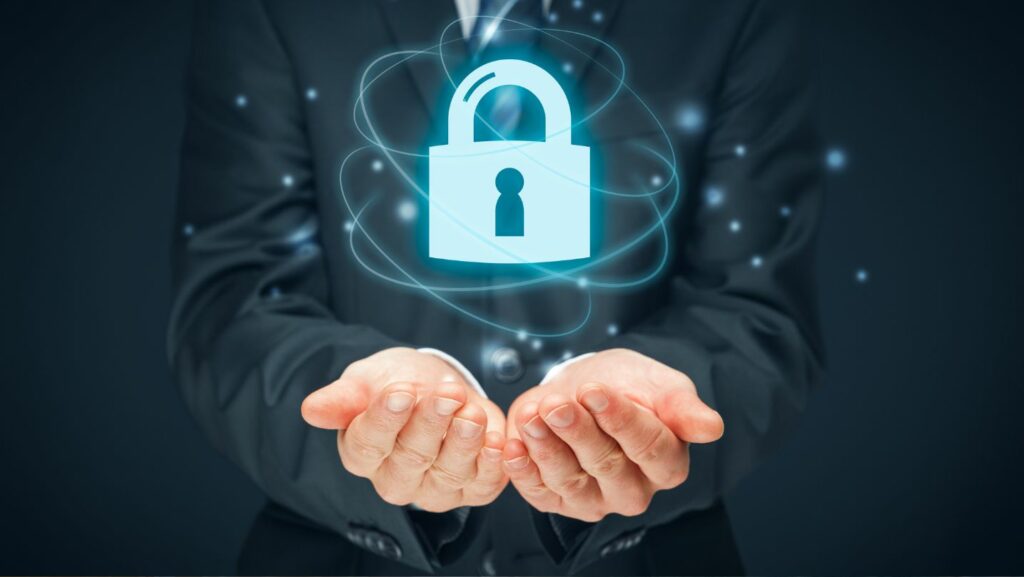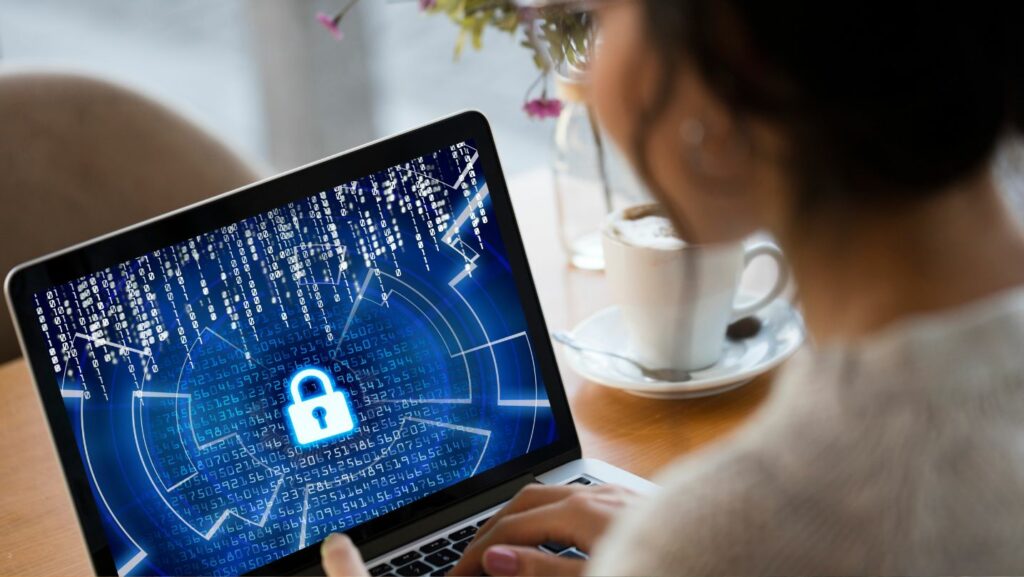The digital world is no longer a separate realm—it’s a fundamental part of our personal and professional lives. From banking to shopping, dating to investing, our data is being collected, stored, and transferred online every single day. And yet, too many individuals still treat cybersecurity as an afterthought. This can lead to serious financial consequences.
Simple habits, things you can adopt without needing a tech background—often make the biggest difference in keeping your identity, accounts, and wallet secure.
Avoid Reusing Passwords Across Sites
When a single password is used across multiple accounts, one data breach can give attackers access to everything, from your social media to your online banking. Cybercriminals use credential stuffing tools to test stolen passwords across various platforms. If they work elsewhere, the damage can quickly escalate.
Using unique passwords for each site is critical. Password managers like Bitwarden or 1Password can help you generate and store strong passwords without needing to remember them all. And if even one of your accounts gets compromised, the rest remain untouched.
Use Two-Factor Authentication (2FA) Whenever Possible
Two-factor authentication is one of the most effective methods for protecting online accounts. It adds a second step to the login process, usually a time-sensitive code sent to your phone or generated via an app like Authy or Google Authenticator.
While it might feel like an extra hassle, it’s a strong barrier against unauthorized access. Even if someone steals your password, they can’t log in without the second factor. Email, banking, and shopping platforms almost always offer this option, enable it everywhere you can.
Keep Software and Devices Updated
Outdated operating systems, apps, or browser extensions often contain vulnerabilities that cybercriminals exploit. These vulnerabilities are sometimes publicly listed once discovered, which means attackers are actively searching for unpatched systems.
Regularly updating your computer, phone, and apps ensures that you benefit from the latest security patches. Set automatic updates where available to remove the burden of manual checking. Don’t ignore those update prompts, they’re often your first defense against exploitation.
Be Cautious with Public Wi-Fi Networks
Free public Wi-Fi in cafes, hotels, or airports seems convenient but often lacks proper security. Hackers can set up fake hotspots or intercept unencrypted data on legitimate networks. This leaves personal information like login credentials or payment details exposed.
If you must use public Wi-Fi, avoid logging into sensitive accounts or performing financial transactions. Use a trusted VPN (Virtual Private Network) to encrypt your connection, creating a secure tunnel that protects your data from prying eyes.
Recognize Phishing Attempts
Phishing emails and messages continue to be a leading cause of cyber breaches. They mimic trusted brands or even coworkers, trying to trick you into revealing sensitive data or clicking malicious links. These emails often carry a sense of urgency—like “Your account has been locked” or “You’ve won a prize.”
To stay safe, always double-check the sender’s email address and avoid clicking links unless you’re absolutely sure they’re legitimate. When in doubt, go directly to the official website instead of using email links. Training yourself to spot suspicious messages could save you from identity theft or financial loss.
Always Check for Website Legitimacy Before Making Transactions
Online shopping, subscription services, and even entertainment platforms can become traps if you’re not careful. Cybercriminals create fake websites that look professional but are designed to steal payment data or infect your device with malware. Always look for “https://” in the URL, check for spelling errors, and research unfamiliar sites before trusting them.
When it comes to online services involving money, verifying the platform’s security features is especially important. A website that thoroughly explains how to evaluate platform safety, by looking into licensing, SSL encryption, and regulatory oversight, can help guide you.

One example is the article from realsport101.com on how to find secure gaming websites, which provides a detailed overview of essential security measures and licensing standards specific to Australian platforms. It offers clear, technical guidance to help users identify trustworthy sites before sharing personal or financial information.
Don’t Overshare on Social Media
It might feel harmless to post your dog’s name or your favorite vacation spot online, but these details are often used as answers to security questions. Cybercriminals comb social media for personal information to guess passwords or reset your accounts.
Review your privacy settings on platforms like Facebook, Instagram, and LinkedIn. Limit who can see your content, and be cautious about friend requests from people you don’t know personally. The more information you expose, the easier it becomes for attackers to impersonate you or break into your accounts.
Use Strong Privacy Settings in Your Browser
Browsers are the gateway to the internet, and their settings determine how much of your data gets shared. Most people don’t tweak browser privacy settings, but doing so can block unwanted tracking and minimize the information collected about your browsing behavior.
Activate features like “Do Not Track,” block third-party cookies, and consider using privacy-focused browsers such as Brave or Firefox with extensions like uBlock Origin or Privacy Badger. These tools prevent websites from collecting excessive data, which can be sold or misused later.

